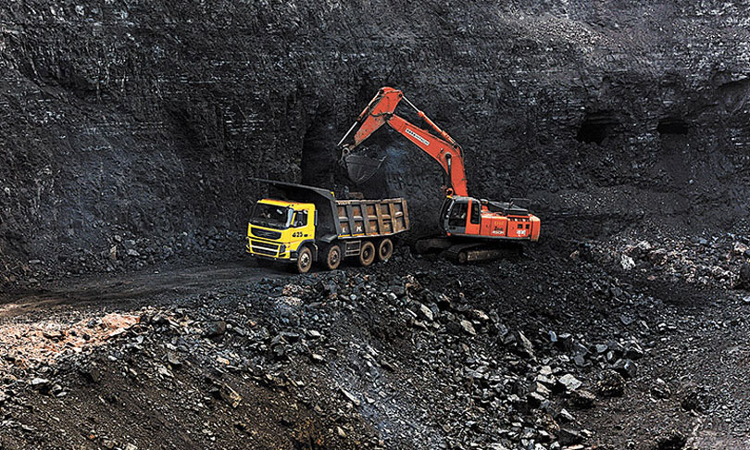MV Act | Crane Used Within Coal Mine Premises Falls Under Definition Of Motor Vehicle: Bombay High Court
Amisha Shrivastava
23 April 2023 6:30 PM IST

Next Story
23 April 2023 6:30 PM IST
The Bombay High Court recently held that a crane used within coal mine premises falls within the definition of “motor vehicle” under Motor Vehicles Act, 1988 (MVA).Justice Urmila Joshi Phalke of the Nagpur bench upheld a compensation order for the family of a Western Coalfields Ltd. (WCL) employee who died after colliding with a crane being operated by another employee.“…the contention...
